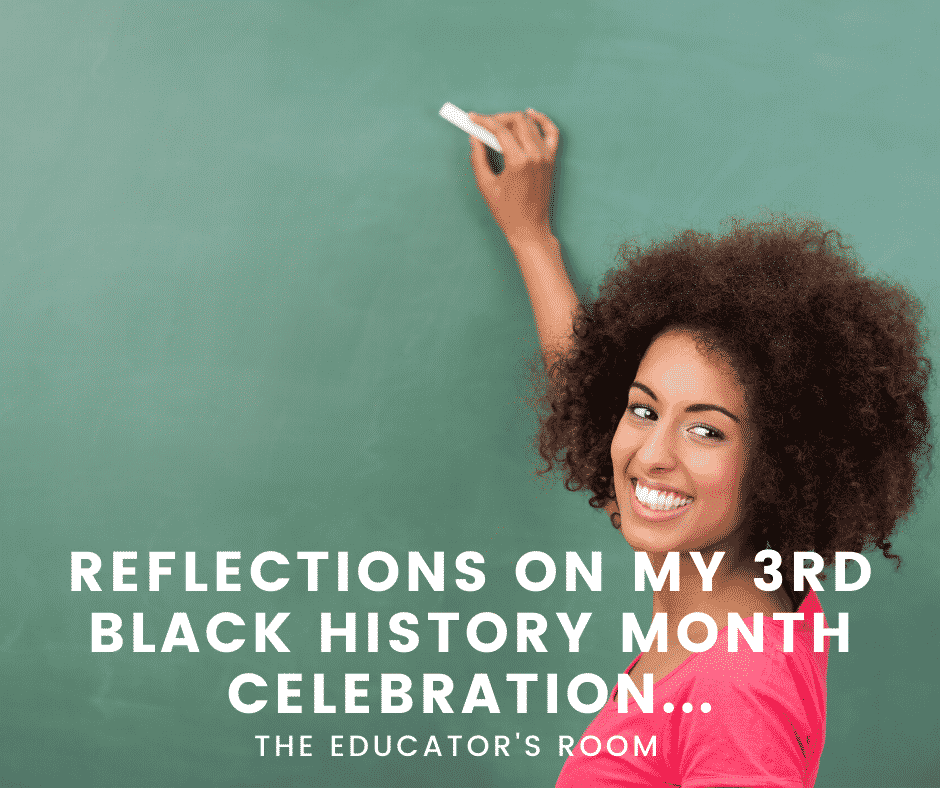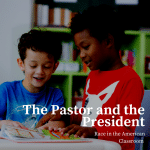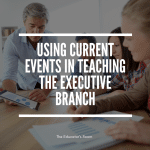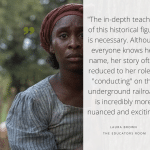I have been teaching social studies for twenty-five years, eight of which I focused on United States History, but February 11, 2020, was my third celebration of black history. Although I am a veteran educator, I am a novice historian. I am a rookie at social justice, and my students are my mentors.
My third black history month celebration included forty high school students welcoming their families, friends, teachers, and strangers into the suburban high school where we teach and learn. These talented students, who are members of the school’s Step Team, prepared songs, poems, dances, and speeches dedicated to Harriet Tubman, a local central New York hero. Rehearsing for the show took place in a large commons area outside of the auditorium. The team lacked privacy or a quality sound system, but by the quality of their talent displayed, the audience may have thought that the group had tremendous resources.
The screams and shouts from the spectators at times were overwhelming. Initially, I worried about attendance until I watch from the wings the seats fill up. As corny as it sounds, as every person entered, I felt love. A sense of peace filled me, knowing that, collectively, we were saying a type of prayer. The definition of community expanded to include diverse peoples connected through free music and food.
The subject matter, both airy and dense, tackled racism, oppression, resistance, and progress. The team’s previous field trip to the Tubman House, which I wrote about here, centered our direction, giving our night purpose. Both individually and generally, the students related to Tubman’s struggles and admired her perseverance. When faced with issues and obstacles, we jokingly asked each other, “What would Harriet do?” Our troubles paled in the face of her adversity, giving us perspective and inspiration.
The post-show ritual includes a pot-luck dinner with mingling and more dancing. Organizing both a dinner and a show is daunting, but the reception is my favorite part. The pressure of performance is over, and my most significant (and constant) worry is if the food will run out. A colleague commented on the scene, saying it felt like a block party. That apt statement made me grin.
When I took over the advisement of the team, the students demanded that the night remain free, citing that it should feel like a family reunion. To me, it felt like a community.
The following morning a male African-American student high fives me in the hallway, declaring that the team always “brings it.” He then goes on to tell me what he has learned from the celebration: “You know, Mrs. Brown, the principals, were cool with us dancing and being loud. They want us to have fun. I can’t wait until next year. I have ideas for you!” It was like he had an epiphany–the school leaders were not out to get kids of color. He told me how he tried to convince his white friend to attend, and we shook our heads, declaring silently that the show is not a “black” event, but just the opposite. I left him with a handshake and a confirmation that our high school is not a “bad” place.
Some argue against the celebration of Black History Month. Some contend that non-white stories must be taught all year long. Others say that by singling out one group, you marginalize the other. These are valid points, but both arguments deny the fact that non-white students need their high schools to be inclusive and representative. Black History Month in my high school is an opportunity to stretch our collective definition of American history and to grow as a community. By being both reflective and progressive, Black History Month celebrations like the one my school promotes puts students on a timeline–they begin to see where they belong and what they can achieve.
The National Center for Education Statistics (NCES), predicts that by the fall of 2027, 55% of all children enrolled in public schools will identify as Black, Hispanic, Asian, Native-American, or mixed descent. The demographics of our classrooms are changing, and the curriculum needs to adapt. Until the curriculum improves, however, high schools must fill in the gaps. Reparations are not just monetary. As educators, we need to find opportunities to demonstrate that all of our students belong and can flourish in our current America.






